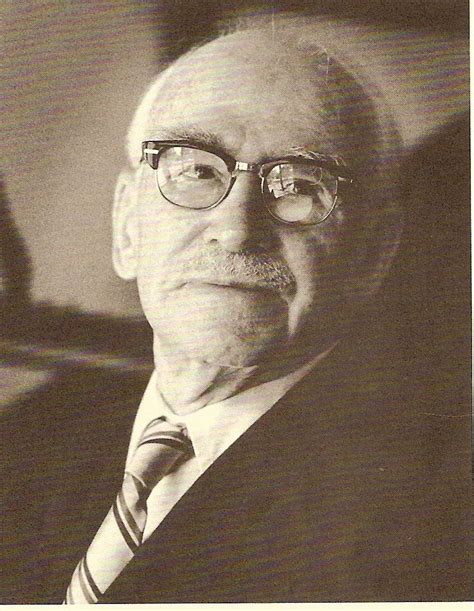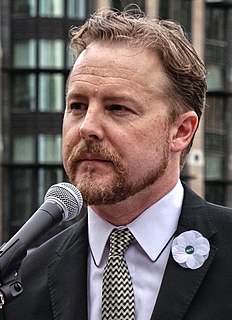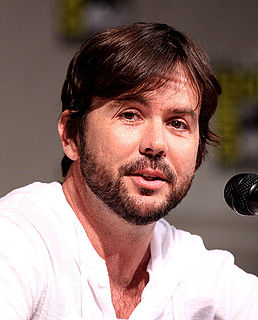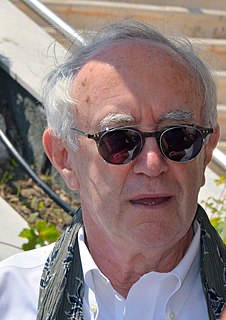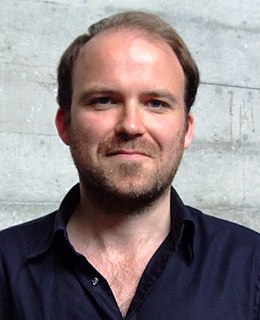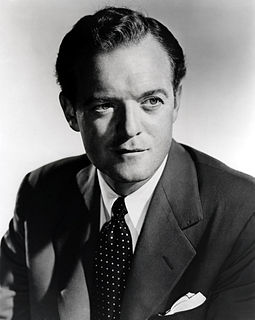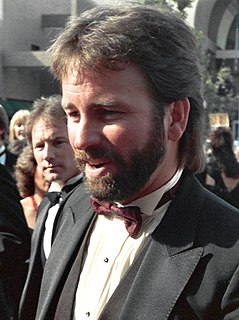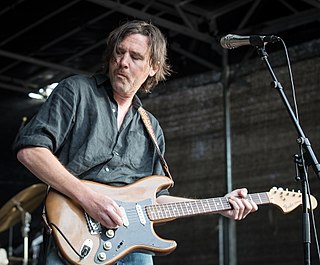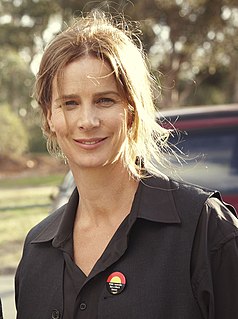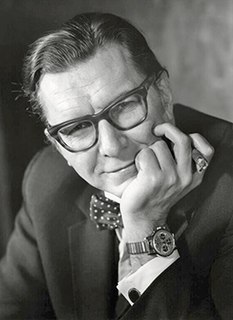Top 1200 Morality In Hamlet Quotes & Sayings
Explore popular Morality In Hamlet quotes.
Last updated on April 14, 2025.
'Hamlet' was the first movie I saw. In 1948, my mother said, 'I'm going to take you to see 'Hamlet' with Laurence Olivier.' She was worried about taking me to it because she wasn't sure I was old enough to understand it or to maybe be adversely affected by it, but I got recordings of it and memorized all the soliloquies.
Talking about morality can be offensive. Morality is a politically incorrect subject. Many people are genuinely offended if someone speaks of morality and family values. It is okay if you talk about your sexual fantasies and deviances. This is called "liberation". But you would be frowned at if you talk about morality in public. Then you'd be accused of trying to impose your values on others.
It took a while to decide I wanted to do Hamlet. It wasn't that I was daunted - I'd been acting professionally since my mid-20s and had some pretty big Shakespearean roles under my belt by that stage, at 32: Petruchio in 'The Taming of the Shrew,' Edgar in 'King Lear,' Antony, Richard III. But when it came to Hamlet, I hesitated.
HAMLET [...] we fat all creatures else to fat us, and we fat ourselves for maggots. Your fat king and your lean beggar is but variable service, two dishes, but to one table; that's the end. CLAUDIUS Alas, alas. HAMLET A man may fish with the worm that hath eat of a king, and eat of the fish that hath fed of that worm. CLAUDIUS What dost thou mean by this? HAMLET Nothing but to show you how a king may go a progress through the guts of a beggar.
My version of relativism is pluralistic and attributes functions to morality that in combination with human nature place limits on what could count as a true morality. Unlike many other relativists, I do not hold that people are subject to a morality because they all belong to a certain group. That is, I don't hold that being a member of a group makes one's subject to some set of generally accepted norms. What is true is that others around us teach us morality and moral language, so they inevitably influence us.
Life is two things. Life is morality – life is adventure. Squire and master. Adventure rules, and morality looks up the trains in the Bradshaw. Morality tells you what is right, and adventure moves you. If morality means anything it means keeping bounds, respecting implications, respecting implicit bounds. If individuality means anything it means breaking bounds – adventure.
Hamlet 's character is the prevalence of the abstracting and generalizing habit over the practical. He does not want courage, skill, will, or opportunity; but every incident sets him thinking; and it is curious, and at the same time strictly natural, that Hamlet, who all the play seems reason itself, should he impelled, at last, by mere accident to effect his object. I have a smack of Hamlet myself, if I may say so.
The problem with the Jude Law "Hamlet" was simply that it wasn't unpredictable, that it was a very down-the-center modern production. You wouldn't go to the theater expecting to see an old-fashioned "Hamlet" where everybody wears an old fashioned costume. You don't get points for putting on a "Hamlet" where everybody dresses in black. I've seen that one several times. But again, it's not that it has to be new, it simply that it has to be different, fresh, that it doesn't bore, that it doesn't make me - I don't feel as I'm watching it that I know where it's going to go.
The instructor has to teach history, cosmogony, psychology, ethics, the laws of nations. How can he do it without saying anything favorable or unfavorable about the beliefs of evangelical Christians, Catholics, Socinians, Deists, pantheists, materialists, or fetish worshipers, who all claim equal rights under American institutions? His teaching will indeed be "the play of Hamlet, with the part of Hamlet omitted."
It was reading Hamlet that ruined the concept of authenticity for me, not because Hamlet lacked existentialist credentials himself - indeed, as an earlier discontented Dane, he could be said to have laid the ground for Kierkegaard - but because the line 'to thine own self be true' was spoken by that humourless old ninny, Polonius.
Although I'm not Christian, I was raised Christian. I'm an atheist, with a slight Buddhist leaning. I've got a very strong sense of morality - it's just a different morality than the loud voices of the Christian morality.... I can't tell you how many films I've turned down because there was an absence of morality. And I don't mean that from any sort of Judeo-Christian-Muslim point of view. I'm not saying they're wrong and can't be made. But, fundamentally, I'm such a humanist that I can't bear to make films that make us feel humanity is more dark than it is light.
We're always projecting our moral categories on things. I think that's inevitable. But capitalism places no particular value on morality. Morality in the market is enforced by contract and regulation and law, because morality is understood to be in conflict with the motive force of greed and accumulation.
Everywhere the tendency has been to separate religion from morality, to set them in opposition even. But a religion without morality is a superstition and a curse; and anything like an adequate and complete morality without religion is impossible. The only salvation for man is in the union of the two as Christianity unites them.
where Nietzsche's response to the equation of socialism and morality was to question the value of morality, at least as it had been customarily understood, economists like Mises and Hayek pursued a different path, one Nietzsche would never have dared to take: they made the market the very expression of morality.


